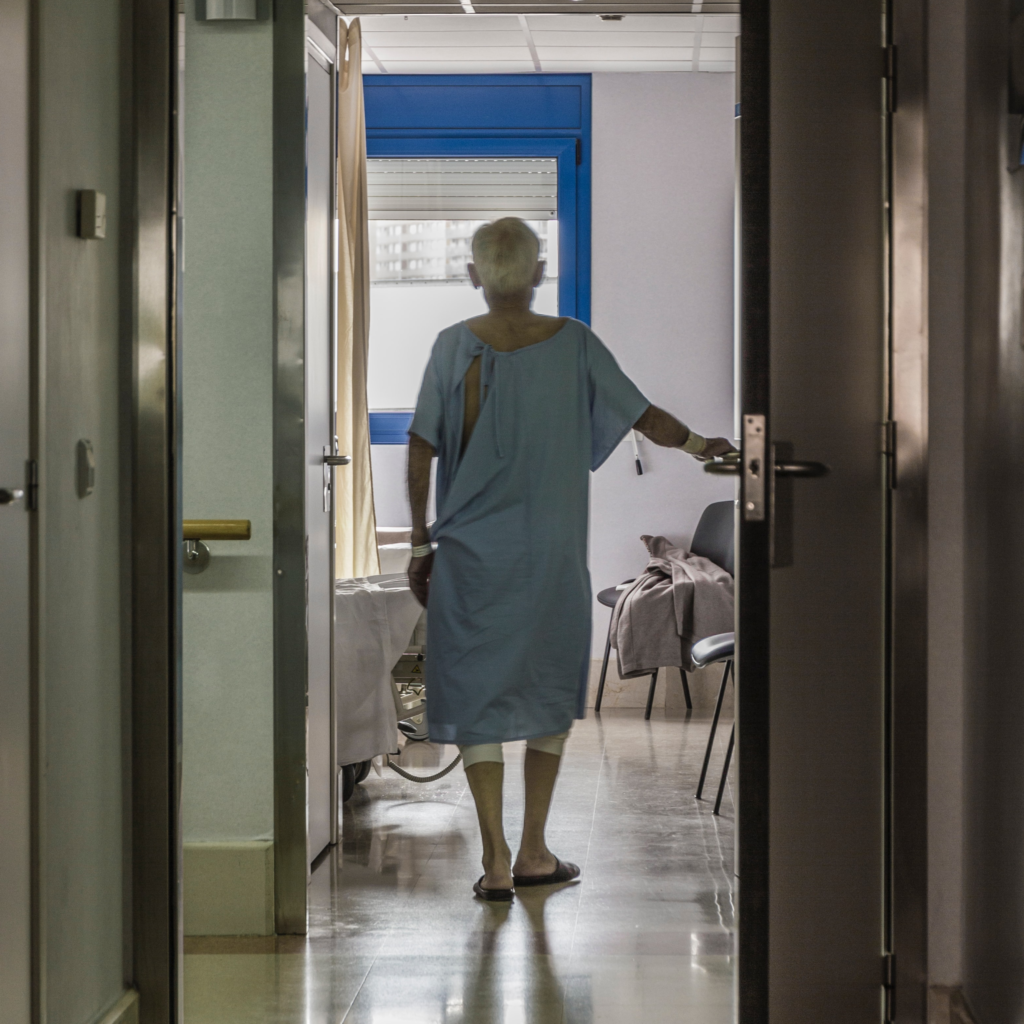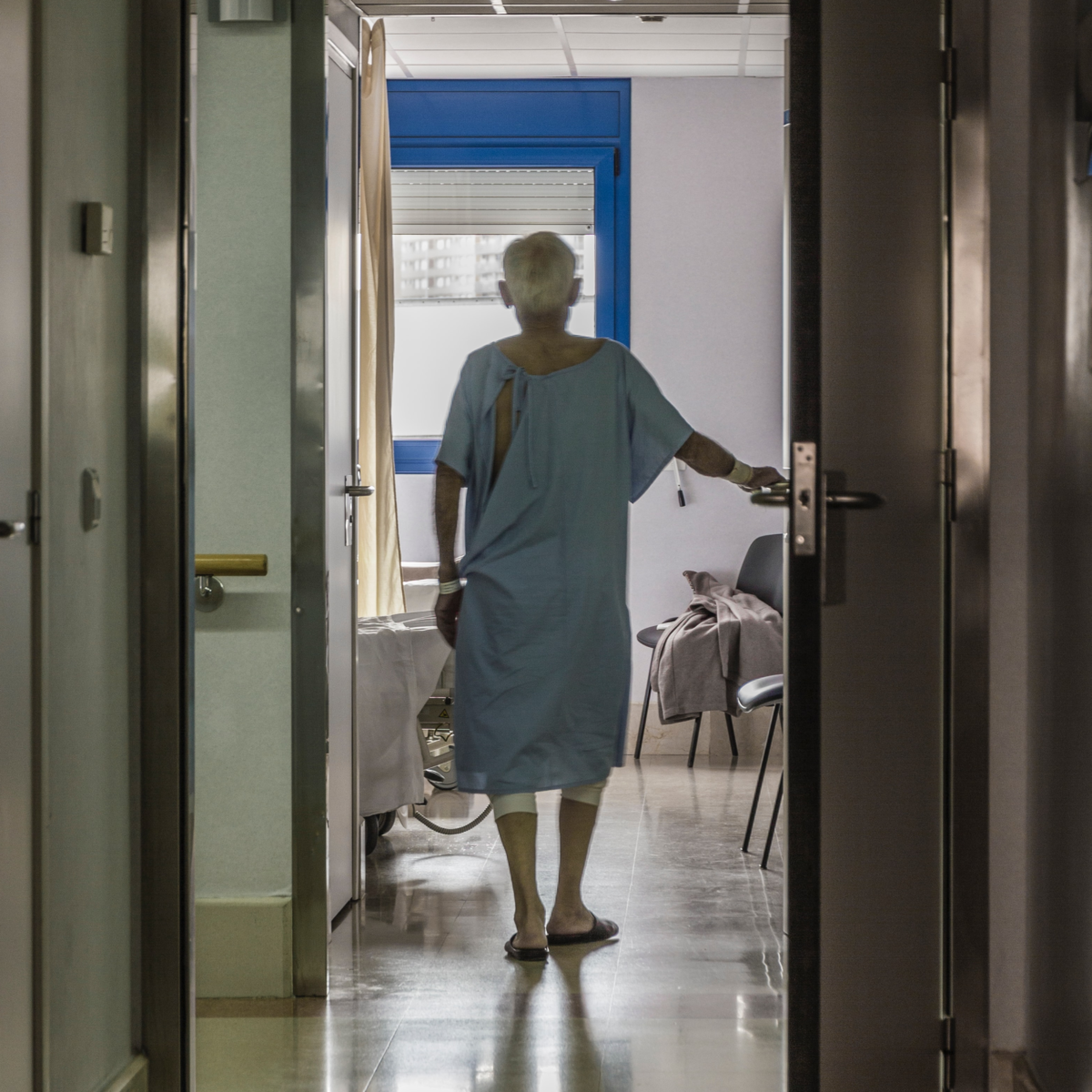Patient Access to New Treatments
A Conversation with Dr. Farrukh Awan
There have been many advancements in the research and study of treatments for leukemia and lymphoma patients, but as Dr. Farrukh Awan describes, there’s still a major issue with lack of access to these resources for many patients.
Dr. Awan, an associate professor and hematologist-oncologist at UT Southwestern, shares his insights on how patients and caregivers can better set themselves up for success in this area.

- Video: Dr. Awan on Trends & Patient Access to Treatments
- How do you feel about these emerging blood cancer treatments?
- The need for more patient access to new treatments
- Importance of seeking out specialists
- Importance of getting a second opinion
- Telemedicine allowing more patients access to clinical trials
Video: Dr. Awan on Trends & Patient Access to Treatments
How do you feel about these emerging blood cancer treatments?
We’re all excited about all of these new treatments. I think there are a few trends that are very clear. Now, the field is moving away from chemotherapy slowly, and gradually we’re chipping away at it.
You mentioned before drugs, like R-CHOP, R-EPOCH combinations like that, or bendamustine. They have established such a high bar that it’s very hard to challenge them, but we have to keep challenging them.
We have to keep pushing it.
We have to keep using all of these new drugs in an effort to try to overcome any challenges or problems with these old drugs and move away from chemotherapy. I think that’s the most exciting thing that’s happening in the field.
The need for more patient access to new treatments
The second most important thing that I would like to talk about is the fact that despite that all of these resources are available, it’s a small fraction or percentage of patients that are actually getting access to these resources.
We’re potentially talking about curing half of our patients, even in the worst-case scenario, and maybe a lot more in the best-case scenario.
I feel it’s unfortunate in this country, but the percentage of patients who should be candidates for CAR T-cells is much higher than the percentage of patients who actually make it to CAR T cells.
What’s happening with those patients? They’re not being referred, they are not being offered, the doctors are not telling them about it. Some of the doctors may not know because they’re not necessarily in big towns where they have access to these resources.
Remember, it’s not the patient’s job to know about all of these things. It’s a doctor’s job to educate them.
Importance of seeking out specialists
My suggestion is please always ask for a clinical trial, please ask for a second opinion to a referral center or specialty specialized center. Even if they don’t disagree with the management that you are undergoing, the treatment that you’re undergoing, you might find additional options.
Importance of getting a second opinion
It’s always good to get that second opinion from a place that specializes in that field because you can always get the best and the latest. If they say fine, just continue with our job close to home, that’s perfectly reasonable, but now at least, where to go.
If you have any questions, if the cancer comes back, and if you have a problem, you can potentially be a candidate for other newer treatment options.
There are so many things that can happen if you have the right consultation. I strongly urge patients to please get a second opinion. Please get an opinion from the lymphoma specialist which is close to you.
Telemedicine allowing more patients access to clinical trials
Nowadays, with the COVID restrictions, we’ve had ample time to figure out how to help patients who may not be able to come in person to our center. That’s why it’s really important for patients to make that extra effort to reach out and then we can even reach them remotely.
I think that’s the only way to make this thing accessible to everyone in this country. Not just a select group of patients who have access to those resources very easily.
